Indian Machine Tool Manufacturers Association (IMTMA), the nodal body of the machine-tool manufacturers is looking to enhance the skill development and R&D projects for the next 2 years. The machine tool industry is becoming increasingly competitive; customer requirements at the same time are also becoming stringent with regard to reliability, productivity and cost. Competition is intensifying from foreign players who have certain advantages in terms of technology, workmanship, quality, robustness and delivery commitment. Therefore, to meet these challenges, IMTMA feels that by leveraging technology and product development for machine builders, India will be able to produce technically advanced machines on par with the developed nations.
Parakramsinh G Jadeja, President, IMTMA said, “Our immediate priority for the next 2 years is skill development and R&D projects. There will be R&D projects for all our 500 members to try to bridge the gap between imports and local production. The other focus area is skill development in the manufacturing sector. IMTMA has a lot of expertise in this. For the last couple of years we have been doing a number of training programmes which I would like to elevate to a multiple, large-scale initiative.”
Domestic machine tool manufacturers have certain advantages in terms of cost and after-sales; however, technology development will be critical to meet customer requirements, fend off competition and substitute high imports. IMTMA is also interacting with the government to export their products and to create a brand image for its members. The nodal body has identified 7 countries including Turkey, Indonesia and many in Europe as focus markets for the next 5 to 7 years. IMTMA also feels that India has good mass production capability which should be utilised well.
Till last year, India stood 16th in production and 11th in consumption of machine tools in the world. The country is set to become a key player in the global machine tools industry and is likely to see substantial high-end machine tool manufacturing. Since the manufacturing capacity is stagnating and the growth rate for the machine tools industry is falling in developed economies, shifting machine tool capacity to low-cost high-skill geographies like India has become imperative.
Commenting on the current market scenario, Jadeja said, “If the GDP grows continuously each year for the next 5 years by 8 to 8.5%, we will grow by 15%. Our target is to be among the top 5 players in production by 2020. Today we have to work more and more on a flexible manufacturing system. Machine tool builders have to work on a flexible basis with their customers. If tomorrow the automotive industry is down and aero space is doing well then we have to focus on that industry. We should be able to switch over our manufacturing capability quickly and adapt to a different industry if it is so required.”
Jadeja also feels that the government moves on ‘Make in India’, Smart cities and Digital India will help to increase manufacturing. Today manufacturing is 15% in the total economy package. They want to increase it to 25% by 2020. So it will be a large chunk for us, a great opportunity. The industry is gradually growing. “In terms of production we were on a peak from September. Today we have crossed 11-12 in numbers which is good because we have gone over Rs 4,300 crore in manufacturing. We are very focused on the recently unveiled Automotive Mission Plan (AMP). We are working very closely with ‘Make in India’ etc and R&D for a clean environment. We have gone down to detail on how much valves, pumps, machine capacity and size are required for all our members. There are visionary people sitting in IMTMA who have done their homework 18 months ago, right from Ganga cleaning to Railway requirements.”
Last year IMTMA announced its plans to set up a technology and product development centre in Chennai to test its new products that are developed. Few months back, the Union Government has approved it, and it has started functioning. This is a special incubation centre which will do new research on R&D projects with institutes like IIT Chennai and academia. So far around 6 companies and 12 projects have been identified. Going forward the centre is ready to take up more projects to develop new products and to enhance the skill sets.
Commenting on the feasibility to increase production and to be a leading global player, Jamshyd N Godrej, Chairman, Godrej & Boyce Mfg Company, and Chairman IMTEX 2016 said, “The machine tool industry is really a function of the overall demand of the economy. The export market also is dependent on the growth in industrial goods and manufacturing globally. We have to understand better the needs of the customers. If you know what they are looking for, you can produce machines according to that, otherwise there can be a mismatch. By moving away from general machines to Special Purpose Machines (SPM), you can go to the next level and increase your production. SPMs are good for doing a family of parts but if there is a complete change of model then that SPM has to be revamped. It all depends on what quantities you are trying to bill. Also, the concept of mass customisation is very much alive today, so you have to actually figure out how you can make flexible machines which can take care of future requirements without a massive changeover in tooling.”
He further added that, the positive trend in the machining industry is to make the life of the equipment longer, which is good from the resource point of view. You have to look at the overall economy rather than just one sector. The other concept is pay-for-use. It can change people’s behaviour. Today, many youngsters don’t want to get a driving licence because they feel ‘why should we own a car when we can pay for using a taxi.’ These types of shifts in preferences are definitely going to affect manufacturing to a large extent.
It is evident that, today industrial growth has not picked up, and if the government does not change quickly in terms of ease of doing business and remove all the regulations that are completely out of date or unnecessary, you are not going to see entrepreneurship developing. It is all very well to talk of ‘Start-up India’ but the fact of the matter is you have got to do things on the ground to change the way things are done, otherwise you will not see that benefit happening. ACI


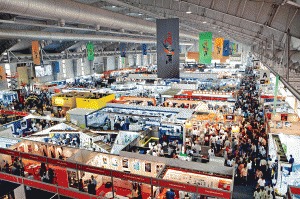
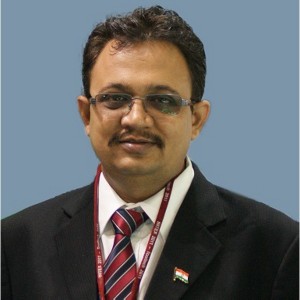


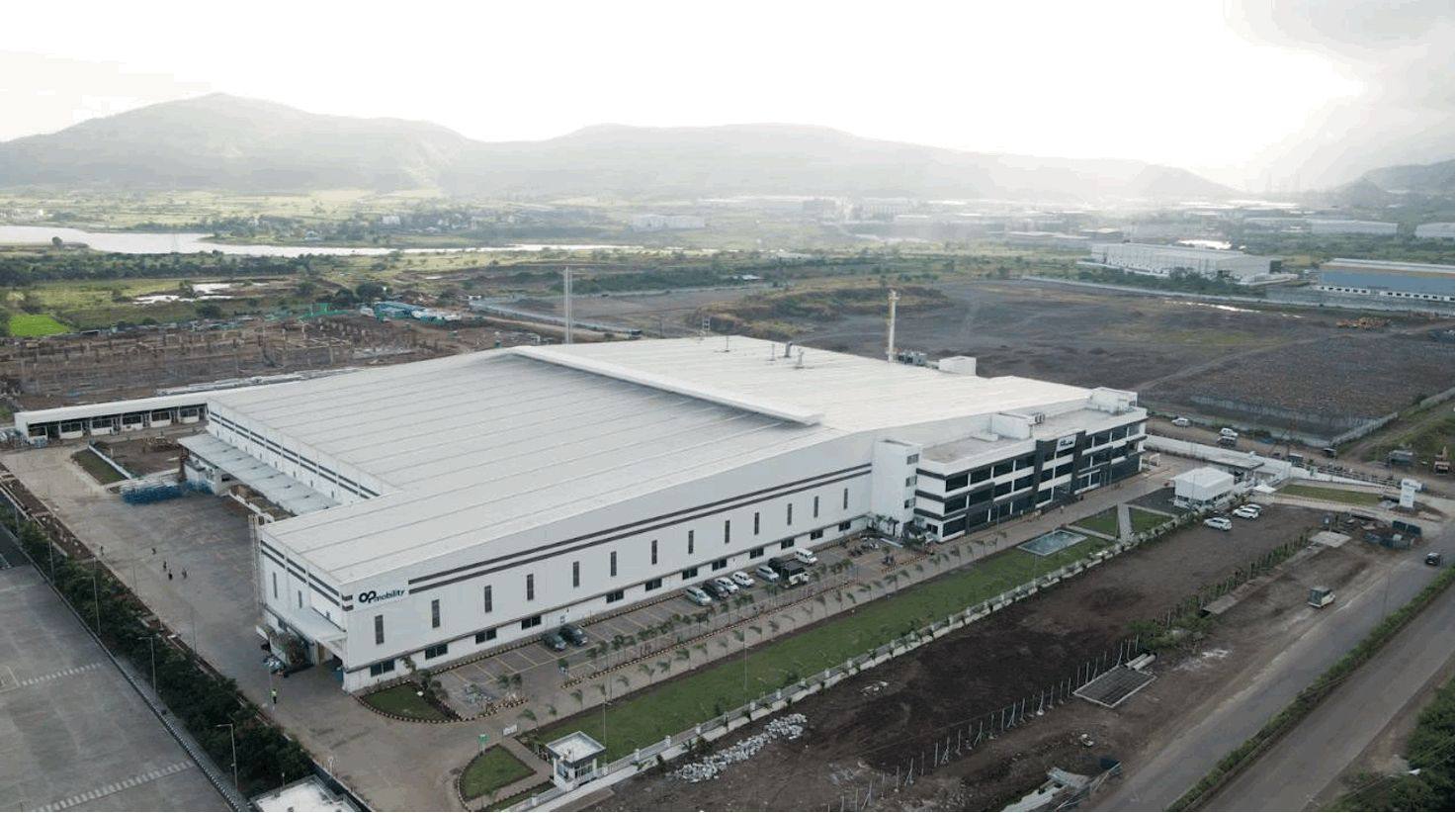

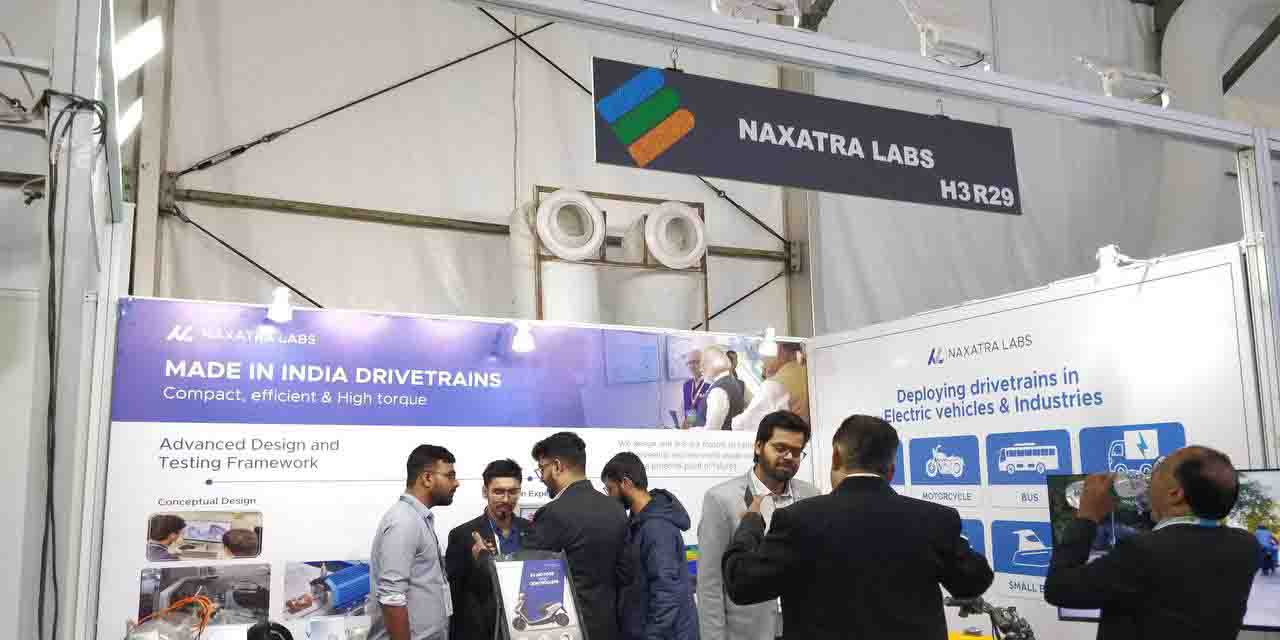
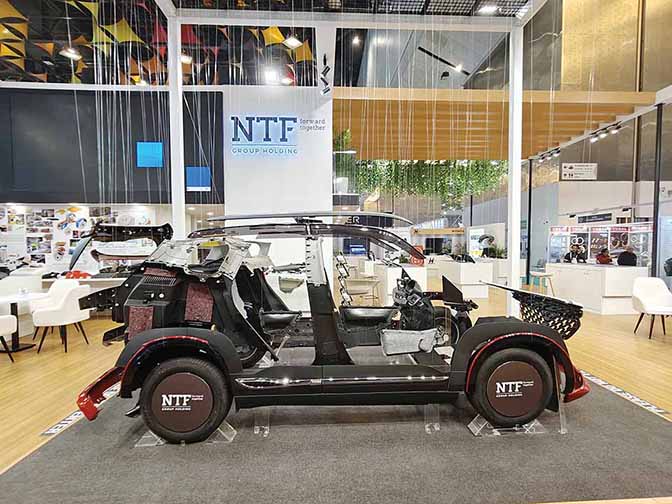
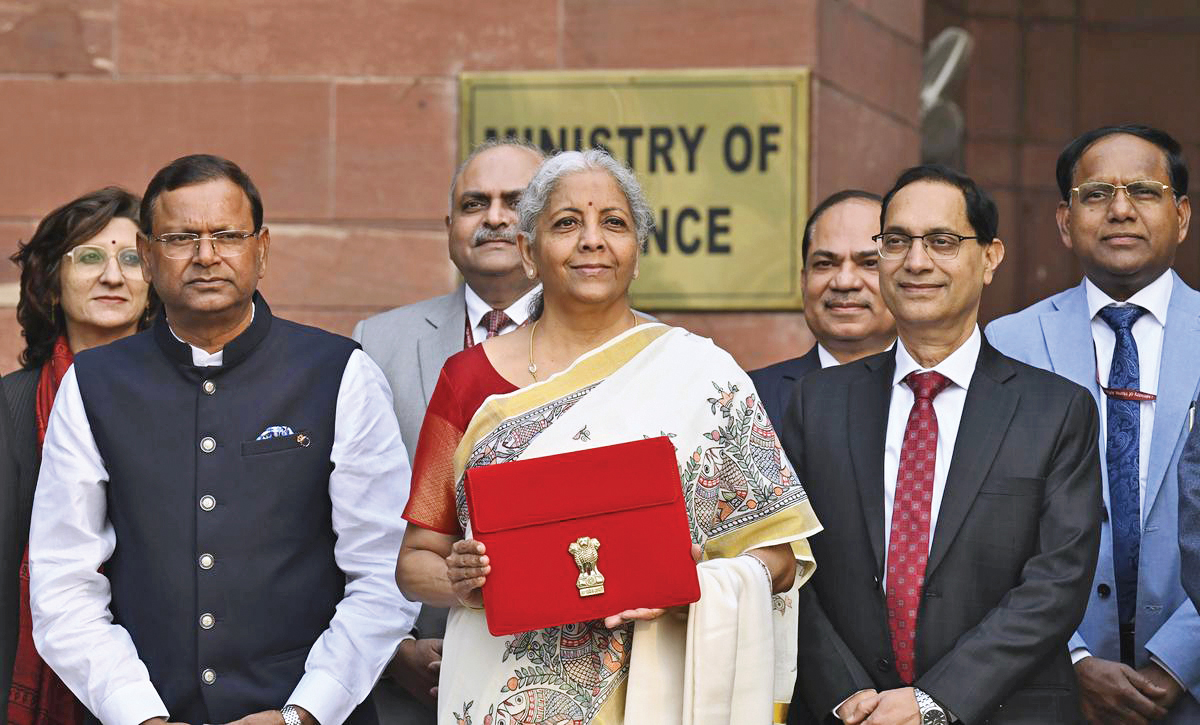

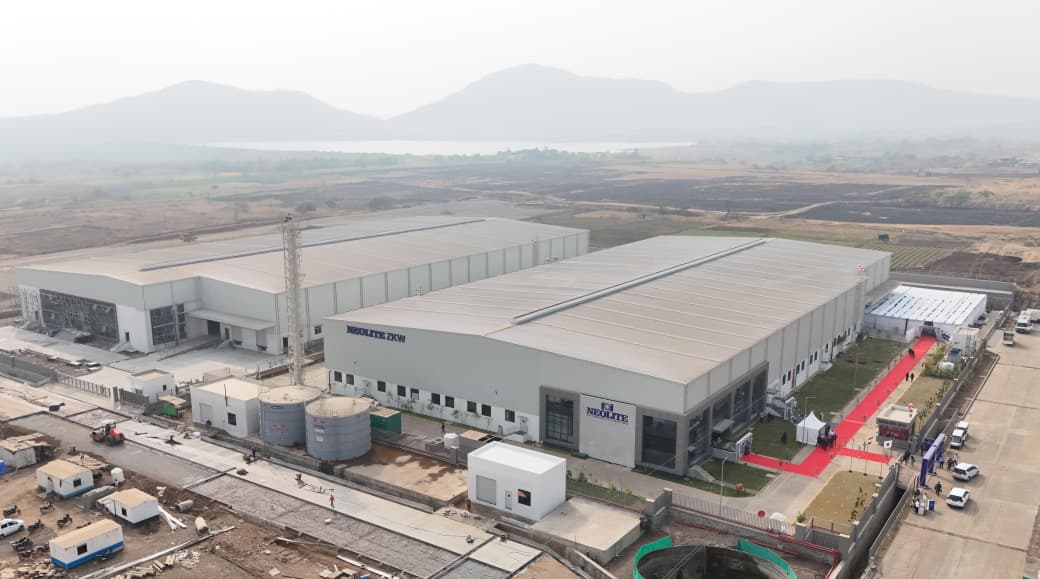
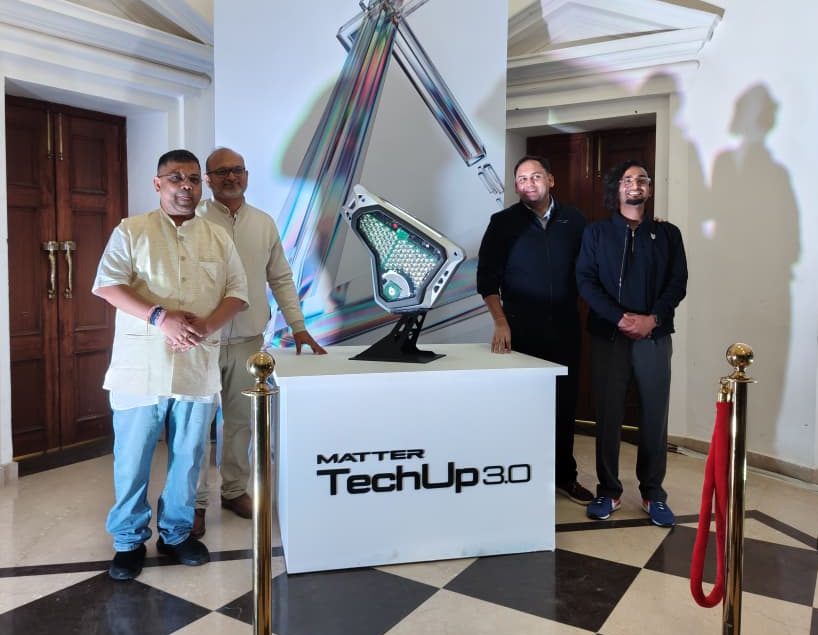
Leave a Reply